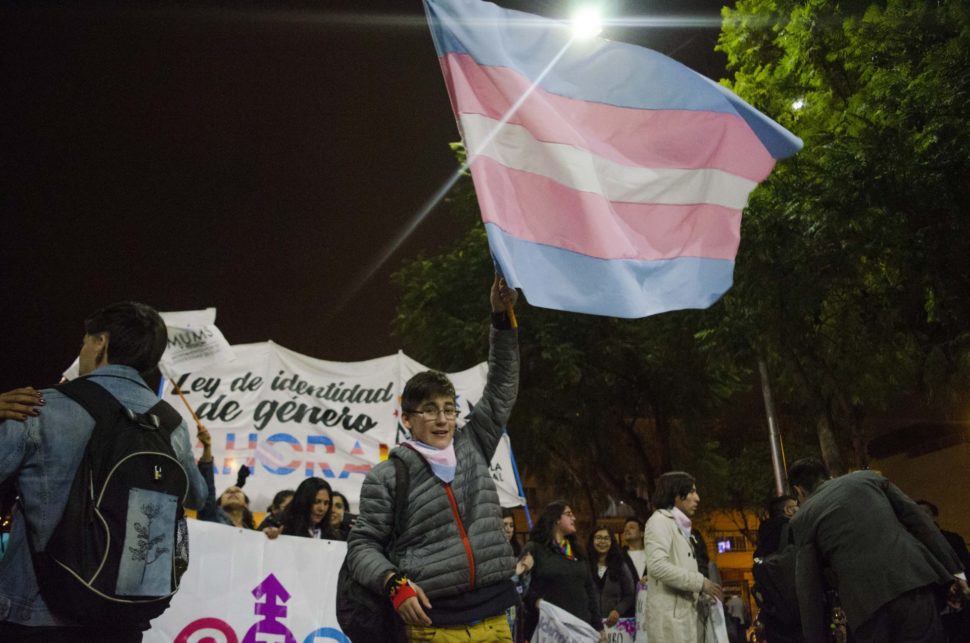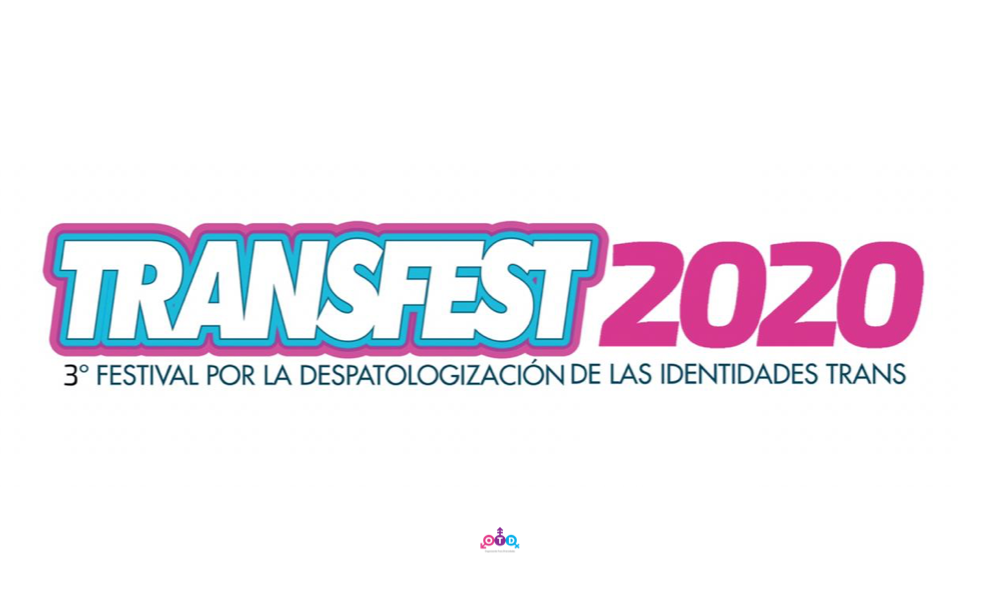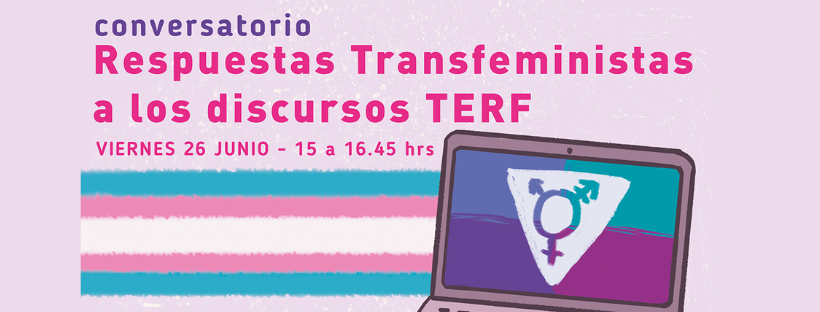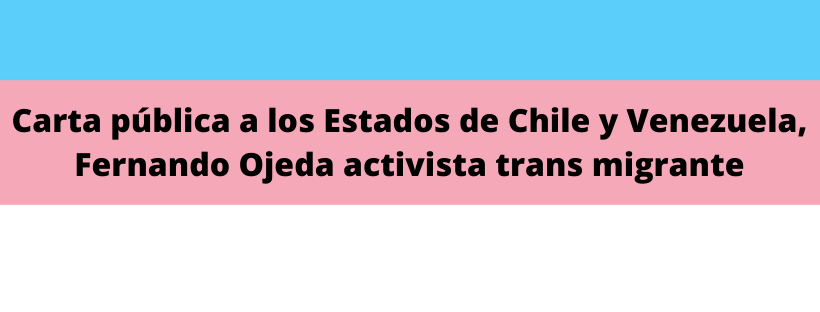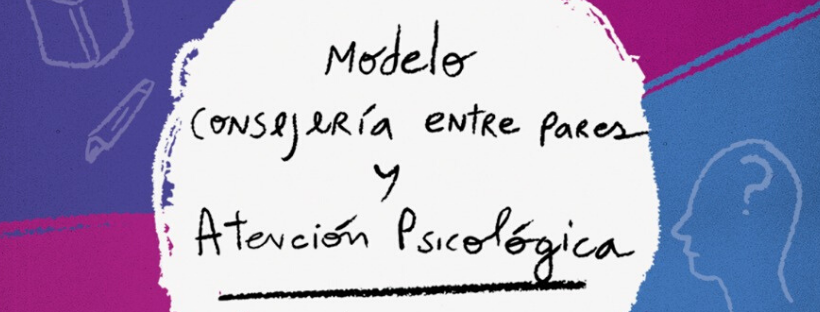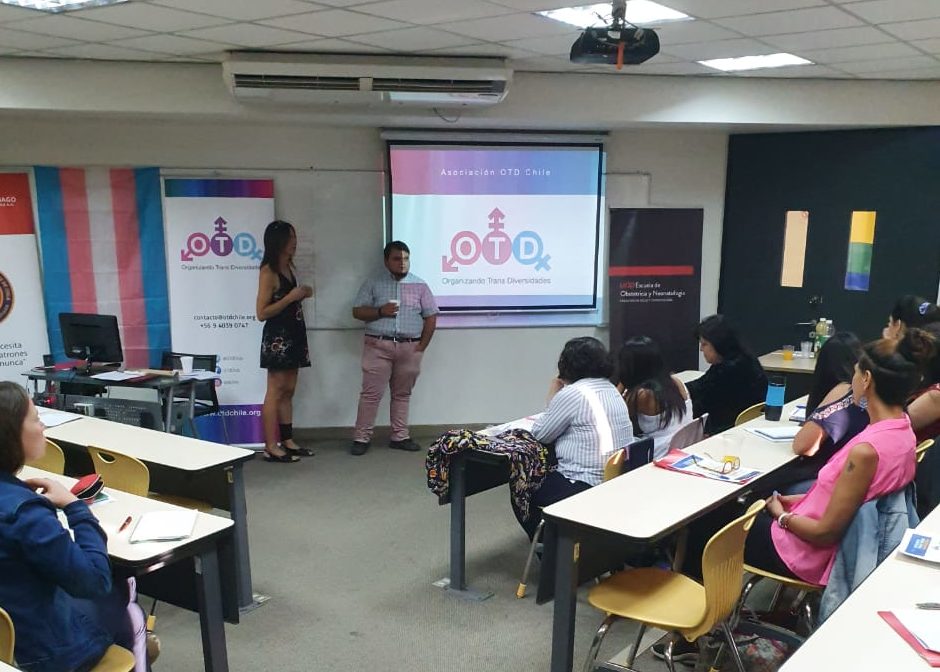On May 22, the Inter-American Commission on Human Rights launched a report on progress and challenges in the recognition of the rights of lesbian, gay, bisexual, trans and intersex people in the Americas. The report highlighted the approval of the Gender Identity Law in Chile, although it regretted that it did not include everyone.
“The IACHR notes with concern the inclusion of the requirement of mandatory divorce for married persons who agree to a change of name, sex and image in the documentation, which could represent an obstacle to the recognition of gender identity and a violation of the right to non-discrimination,” the report states.
On the Anti-Discrimination Law or Zamudio Law, the Commission admits that it was informed of its adoption; however, it expresses the “limited effectiveness” it has, since it was approved in 2012, only two lawsuits for reasons of sexual orientation have been accepted, among the more than 50 that have been filed.
OTD Chile participated in 2017 by sending its appreciation in a consultation questionnaire to civil society organizations.
The coordinator of legislation and public policy of the Association, Franco Fuica, valued the report and hopes that it will be an input for states to move forward. “This has been a joint work with international organizations, which allow us to make ourselves visible and go to speak with arguments with the authorities. In Chile the laws that now exist for the LGBTI population are insufficient because they do not go to the bottom of the problem, which is the full exercise of your right to live in an environment free of discrimination. The fact that children were left out of the LIG is clearly a fact of discrimination, but parliamentarians did not see it that way. We have the example of Uruguay in the region with a comprehensive law for trans people. Today, with political will, we could change the lives of so many, hopefully the authorities will understand it and rise to the needs of the people.”
Translated by: Camila Mella
